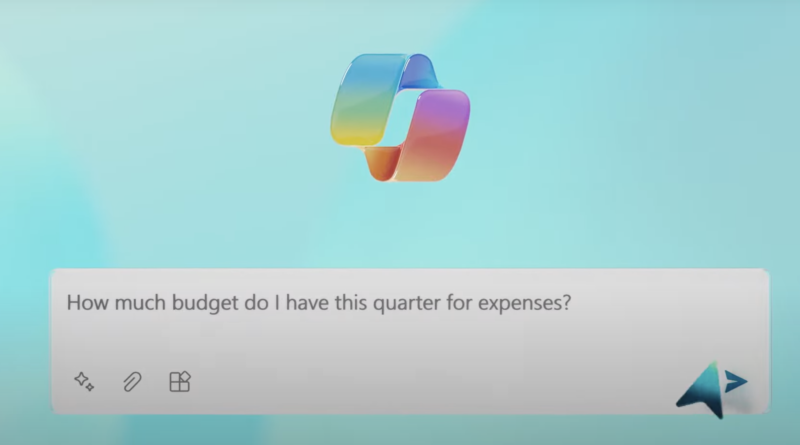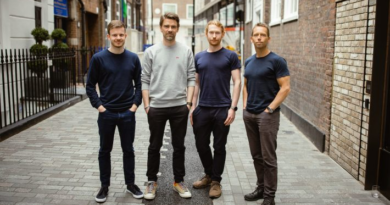Microsoft Ignite 2023: Copilot AI expansions, custom chips and all the other announcements
Microsoft’s Ignite 2023 event came with a lot of updates, and AI product reveals and expansions were front and center as the company laid out its updated vision for IT professionals.
As our own Devin Coldewey wrote in October, Microsoft CEO Satya Nadella has made it clear that the company is all-in on AI, and Ignite was proof of that. From rebranding its ChatGPT competitor Bing Chat to be under the Copilot umbrella, to the highly anticipated custom AI chips to compete with Nvidia and ways to generate text-to-speech avatars, there were a lot of AI-centered reveals at the Wednesday event.
We compiled the various announcements from our respective Microsoft and AI experts Frederic Lardinois and Kyle Wiggers all in one spot in case you missed it.
ChatGPT competitor Bing Chat is now Copilot
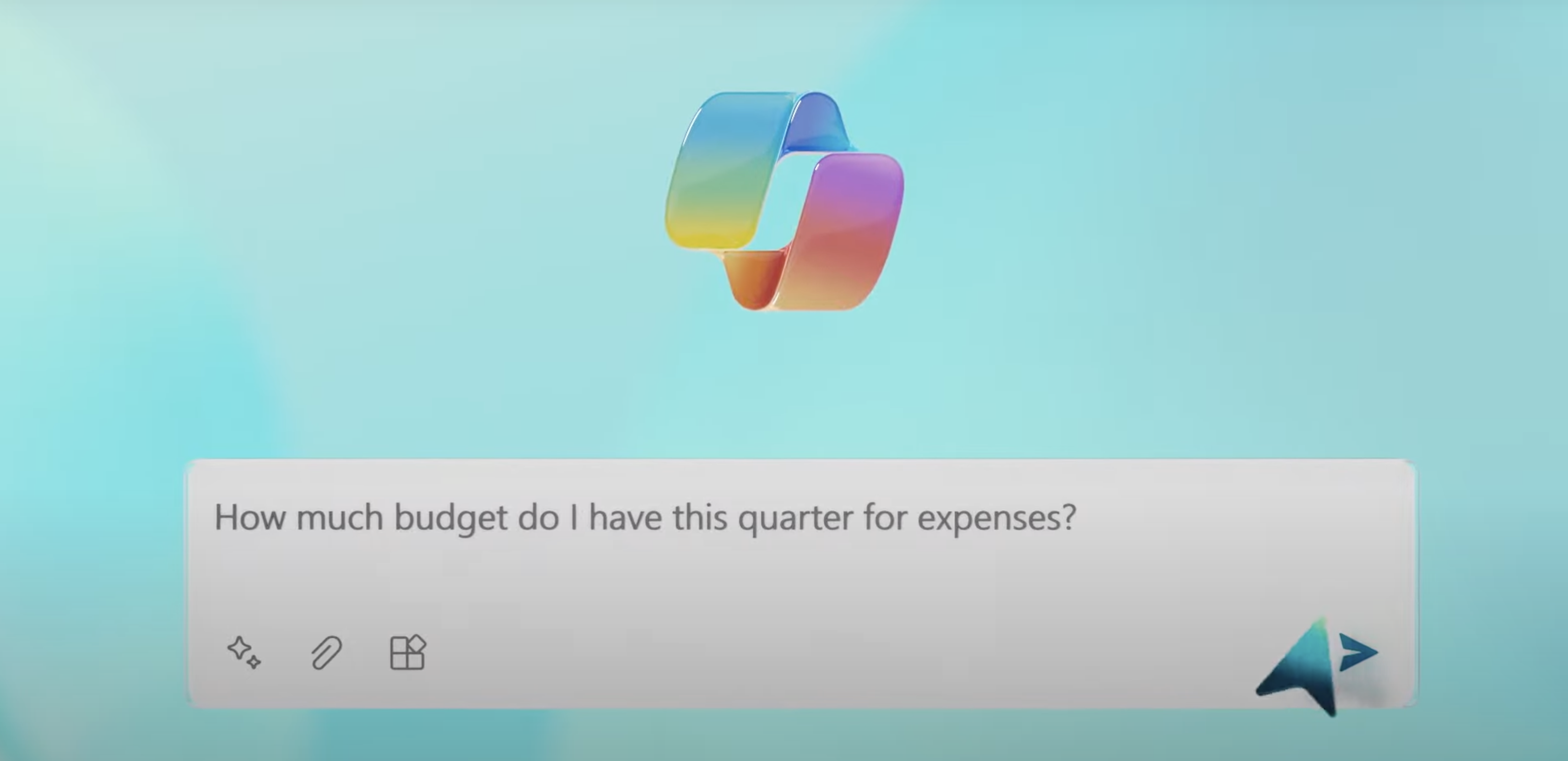
Image Credits: Microsoft
Microsoft renamed Bing Chat, the AI-powered chatbot it launched on Bing earlier this year, to Copilot in Bing. Bing Chat Enterprise has also been rebranded to Copilot.
As Kyle notes, the change is likely due to the fact that Bing Chat didn’t move the needle much for Bing. Now it seems the company is looking to divorce the tech from the search engine to better compete with ChatGPT and other popular chatbots.
Copilot is now accessible in Windows in addition to Copilot.Microsoft.com and Bing, shipping in range of Microsoft’s enterprise subscription plans at no additional cost. Copilot will be included in Microsoft 365 F3 starting December 1, and will be available for $5 per month for all other customers.
Custom chips with an emphasis on AI
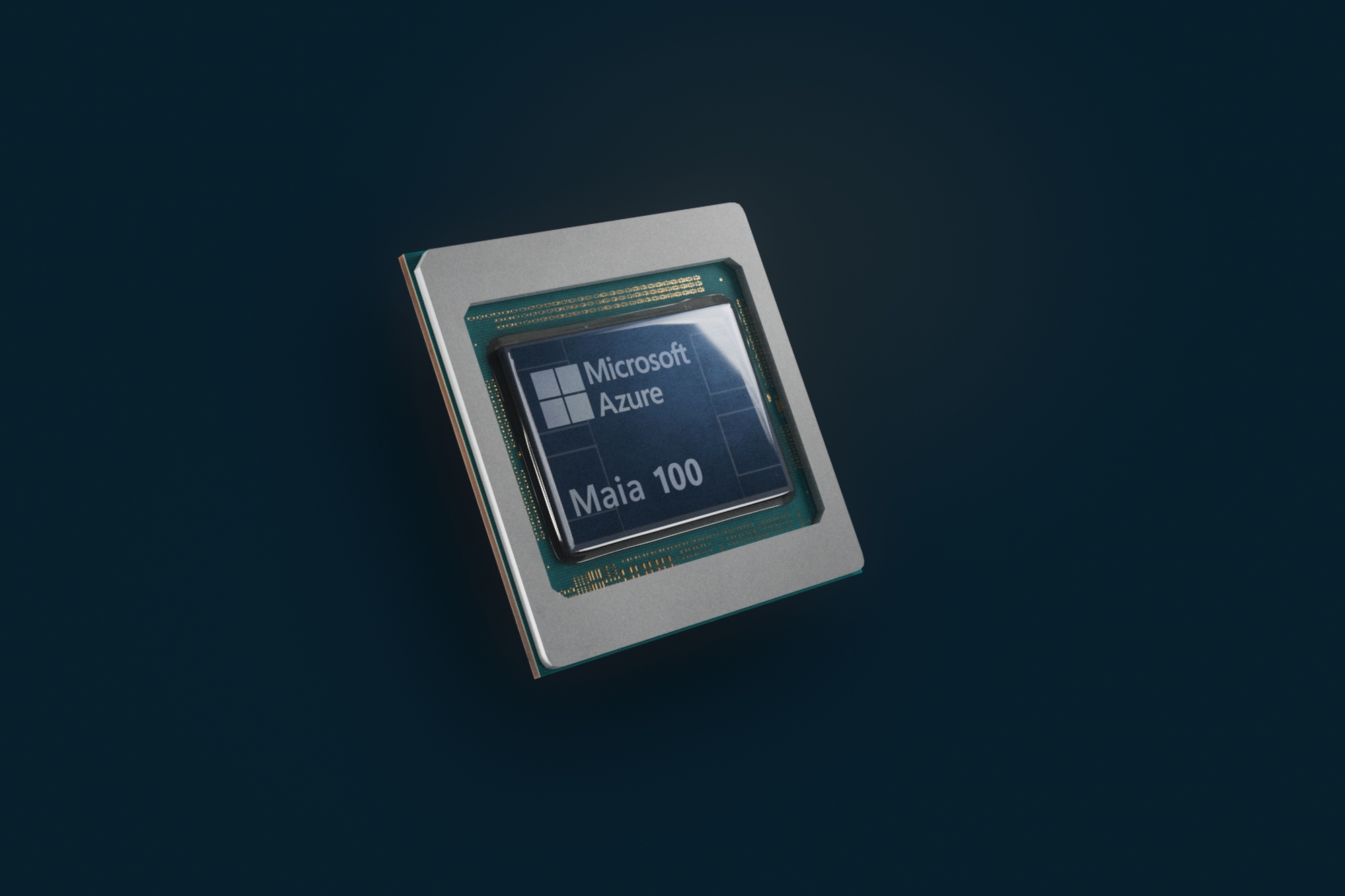
Image Credits: Microsoft
Microsoft is looking to free itself from GPU dependency with two custom-designed, in-house and data center-bound AI chips: the Azure Maia 100 AI Accelerator and the Azure Cobalt 100 CPU.
Maia 100 can be used to train and run AI models, while Cobalt 100 is designed to run general purpose workloads.
Both Maia 100 and Cobalt 100 will start to roll out early next year to Azure data centers, Microsoft says. It will first power Microsoft AI services like Copilot and Azure OpenAI Service.
New AI tools Copilot Azure, Copilot for Service and Copilot Studio
Microsoft unveiled new AI tools in Copilot, the company’s brand of generative AI technologies: Copilot for Azure, Copilot for Service, Copilot Studio and Copilot in Dynamics 365 Guides.
Copilot for Azure is Microsoft’s answer to the recently announced Duet AI in Google Cloud, taking the form of a chat-driven assistant for cloud customers. Azure’s Copilot is currently available in preview.
Copilot for Service, a tool for customer service needs, can answer commonly-asked questions from customer service agents by drawing on a company’s websites, knowledge articles, offline databases and more.
Copilot in Dynamics 365 Guides taps generative AI to summarize information potentially useful to frontline workers and overlays them on the equipment they’re maintaining. Copilot in Dynamics 365 Guides will first launch in private preview with “a limited set of customers and capabilities.”
Copilot Studio can be used to create a custom copilot — like a chatbot for expense management, for example — by describing it in natural language. Copilot Studio is now available in public preview for existing Copilot for Microsoft 365 subscribers.
Microsoft Teams gets an AI-powered home decorator and voice isolation

Image Credits: Microsoft
Microsoft Teams’ new “decorate your background” feature means you might never have to clean your messy home office again. The video call feature can look at your room and clean up clutter, and add plants or even decorations to your background.
Microsoft also announced an AI-driven noise reduction feature for Teams that can reduce repetitive background noise as well as other people’s voices.
The voice isolation feature is rolling out now and will be generally available in early 2024, while “decorate your background” will be available early next year in Teams Premium.
Microsoft To Do, Planner and Project become a singular product
Microsoft is making its project management tools a little less confusing. The company announced it’s consolidating its range of planning tools — Microsoft To Do, Microsoft Planner and Microsoft Project — into one new product for a more “unified experience.”
There will also be a copilot in Planner which will be able to help users plan things faster and suggest new tasks.
The new Microsoft Planner will first be available in Microsoft Teams in the spring of 2024, with the web version launching later in 2024.
Generative AI copyright protections for more customers
Microsoft announced more customers can be defended and compensated for any “adverse judgements” if they’re sued for copyright infringement as a result of outputs from usage of Axure’s OpenAI Service.
This policy will not apply to every Azure OpenAI Service customer by default. Subscribers must first implement “technical measures” and comply with risk mitigation documentation to be considered for eligibility.
Windows AI Studio makes it easier to run AI locally on Windows
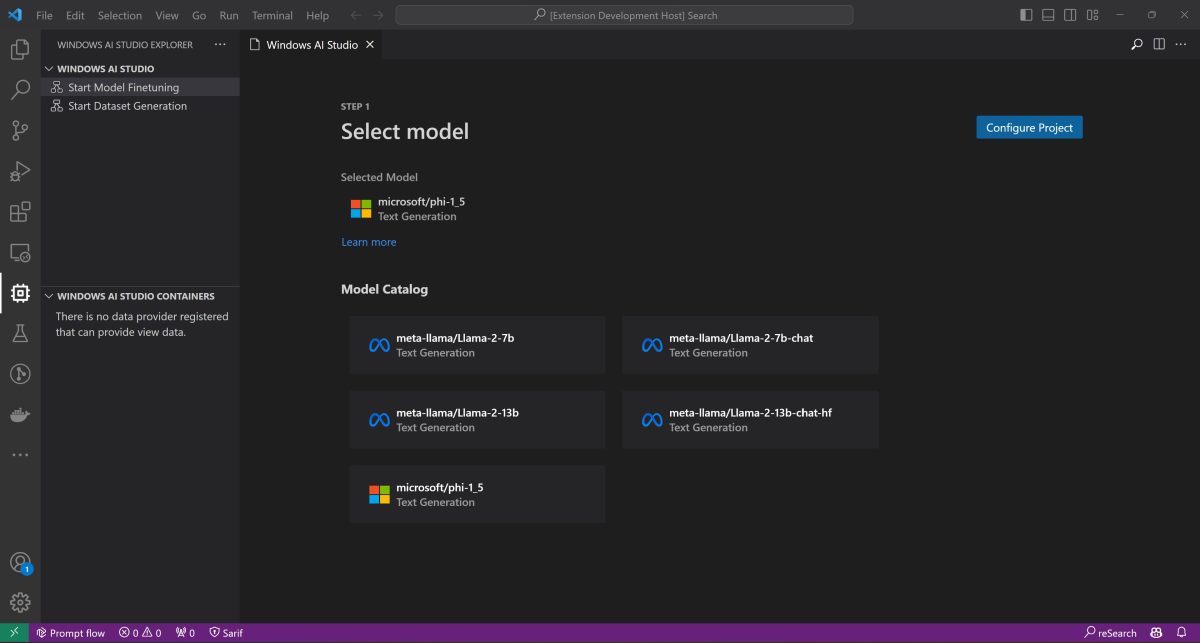
Image Credits: Microsoft
In an effort to push generative AI experiences from the cloud to Windows devices, Microsoft announced Windows AI Studio. The toolkit brings together AI tools and a catalog of generative AI models that developers can fine-tune, customize and deploy for local, offline use in their Windows apps.
Windows AI Studio will gain more capable local models including Meta’s text-generating Llama 2 and Stability AI’s text-to-image model Stable Diffusion XL.
Azure AI Speech to create text-to-speech avatars
Microsoft announced a tool that can create what is essentially a deepfake. Azure AI Speech text-to-speech avatar generates a photorealistic avatar of a person and animates that avatar to say things that the person didn’t necessarily say.
Microsoft noted the many obvious ways this tool could be abused, and they are putting limits on it. For now, most Azure subscribers will only be able to access prebuilt avatars at launch. Microsoft says custom avatars are currently a “limited access” capability available by registration only and “only for certain use cases.”
Recap the full Microsoft Ignite 2023 event
If you want to experience the Ignite event all over again or for the first time, you can watch highlights from the keynote on Microsoft’s website.

